I’ve been reflecting on this concept after several conversations with Shawn, my administrator (he’s actually the one who planted this bug in my brain, as he usually does). The fact that we all have different opinions of what education is and what it can be creates an extremely convoluted mess of politics, preferences, beliefs, and leanings for each individual in the system itself. It seems that even in the world of educational professionals, there are a million and one reasons to disagree on every aspect of education: pedagogy, assessment practices, evaluation, communication… may the list go on. Then you add in educational stakeholders, students, parents, and support staff and BOOM: you have one hot mess of an institution right there.
Based on my experiences, I have come to the conclusion that there is somewhat of a continuum in the communication of these opinions. There are aspects of our beliefs that may sit in one camp or the other, occasionally swinging based on our current realities. I know that I have both static and dynamic opinions about particular issues in my own classroom. I challenge you to reflect as you read on where you are most rigid and where you are most flexible in your own approach to educational issues.
Static Opinion Holders
The Bad
This, unfortunately, is a very typical place for folks to be who do not involve themselves in getting to know the educational system beyond what they have experienced. They often don’t communicate enough to grasp a firm understanding of what works and doesn’t within the existing system. They don’t have a solid understanding of what kind of conversations need to take place in order to fix the brokenness that exists.
Bad static opinion-holders tend to be unyielding. I have run into these folks in the form of colleagues and parents particularly. (I’m sure I would run into them as students if my students were old enough to be so - something to ask my high school colleagues for sure!) I find that the problem is that they do not carry and possess a growth mindset as far as educational awareness is concerned. And it doesn’t mean that the opinion they carry of education is necessarily negative; it just means that they hold it in the same regard with whatever experience they may have had in their past.
The saddest part of this for me? I know for a fact that most of these opinion-holders still place a high value on education. The fact that they may get involved just to speak in conversations, but not to listen, breaks my heart. Taking the initiative to get in the know and to model learning is so very important for education to find its progressive stride within our society.
The Good
Now that we have an idea of the negative side of holding static opinions, let’s bring in some good news! Here it is: That which is static is grounded, solid, and stable. It is a foundation for all of our firmest and fondest beliefs on what education can and should be. Static opinions allow us to make progress in our passion areas because we believe so strongly in it. They also allow us to make calls on what belongs in classrooms and how it is delivered. We can then better decide what is best for kids - the whole child, not just strictly academically.
I firmly believe that static opinions are the reason that I found my passion for education in the first place. As I shaped my philosophies and saw what personalized learning could do for students, I knew right away that this belief would be a fixture in my pedagogy moving forward. Even today, 3 years later (and I hope far into the future as well), I can say that meeting a student where they are at is something that I will not stop working towards. This static opinion is the roots to a solid philosophical foundation for me.
Dynamic Opinion Holders
The Bad
If one is dynamic at all times, they are arguably inconsistent. In my opinion, being too dynamic can hurt kids because then they never know what to expect from you. If you’re always flexing to a need, you can never “put up the wall” that the child (or teacher, parent, administrator, etc.) may need to run into. Lessons are supposed to be difficult sometimes. Without a certain amount of rigidity, or staticness, there is no difficulty presented to a person and arguably, then, no authentic learning.
From another perspective, you may never actually advocate for what you need in a given situation if you are always going with the flow. Advocacy for self and others in education comes from a place of static beliefs, those which are both necessary and good. Being dynamic in all areas does not lend itself to progressive change.
The Good
Dynamic opinion-holders are, above all else, open-minded. They possess a growth mindset and understand that there is learning in every given human situation. This understanding often comes with an increased ability to empathize, relate, and move conversations forward. To progress. And that’s what education needs, right?
I’ve worked with a lot of educators, both offline and online, who possess this mindset. I’ve worked with administrators and parents who give teachers the space to practice this dynamic approach with their students/children. Understanding that both adults and children will make mistakes SAFELY in educational settings is important to help change the system. I think that a lot of static opinion-holders cringe when we say the words “fail” or “risks” because they imagine the absolute negative value of those terms. The dynamic opinion-holder is not so quick to judge the meaning behind “failure” or “risks”; instead, they look at it as an opportunity to grow. After all, isn’t every experience in life an opportunity to grow? Why should education be any different?
I think I am most dynamic in my ability to assess students' learning. I am open to new and different interpretations of assessment practices, data (preferably qualitative), and subsequent changes to my teaching as a result of that data. This has been an area of growth and change for me since I began teaching and is, again, one I hope to continue solidifying in years to come.
Final Reflections
As I’ve written this, I have been trying to keep in mind ALL perspectives of my words. But alas, I am human, and I do hold the perspective and bias of a classroom teacher and technology coach, so that may be present within this piece. Please leave a comment to add in your perspectives where you see fit.



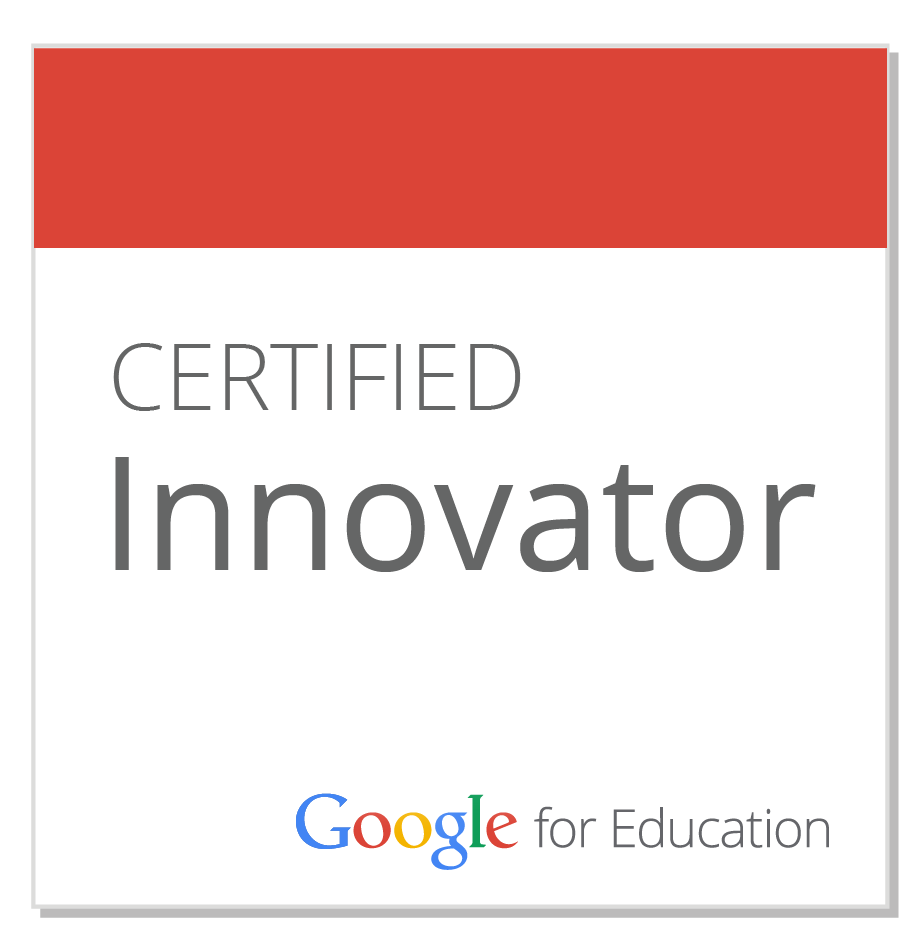
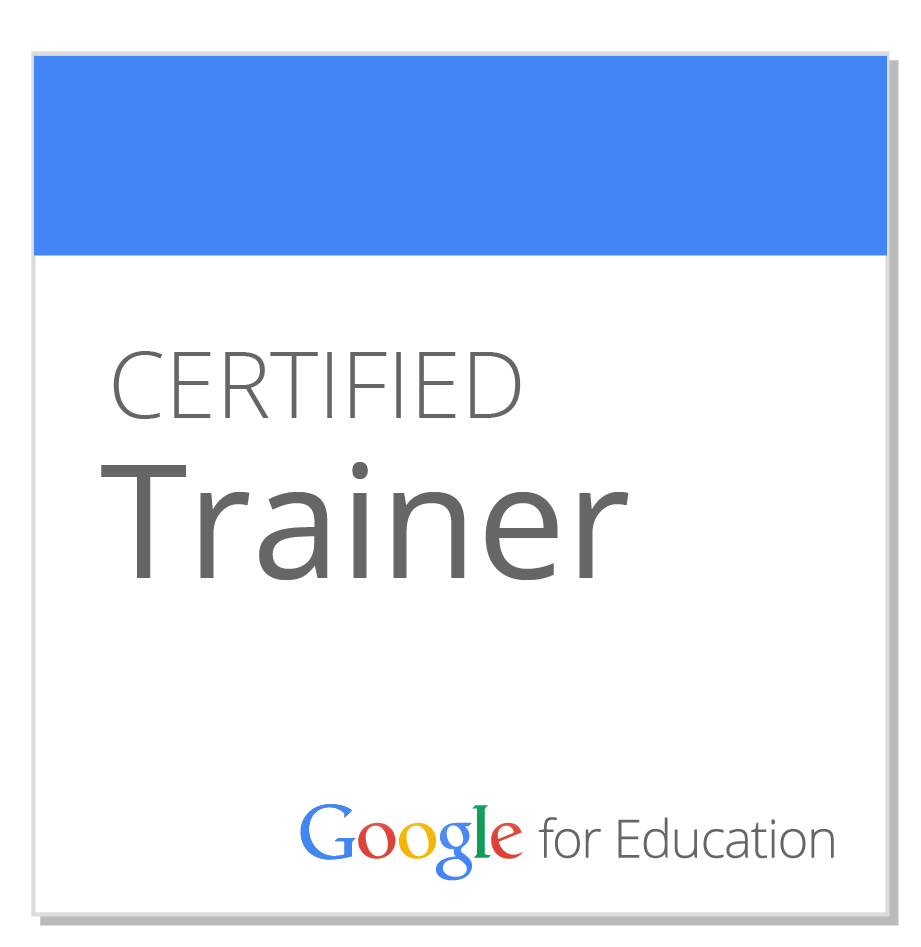
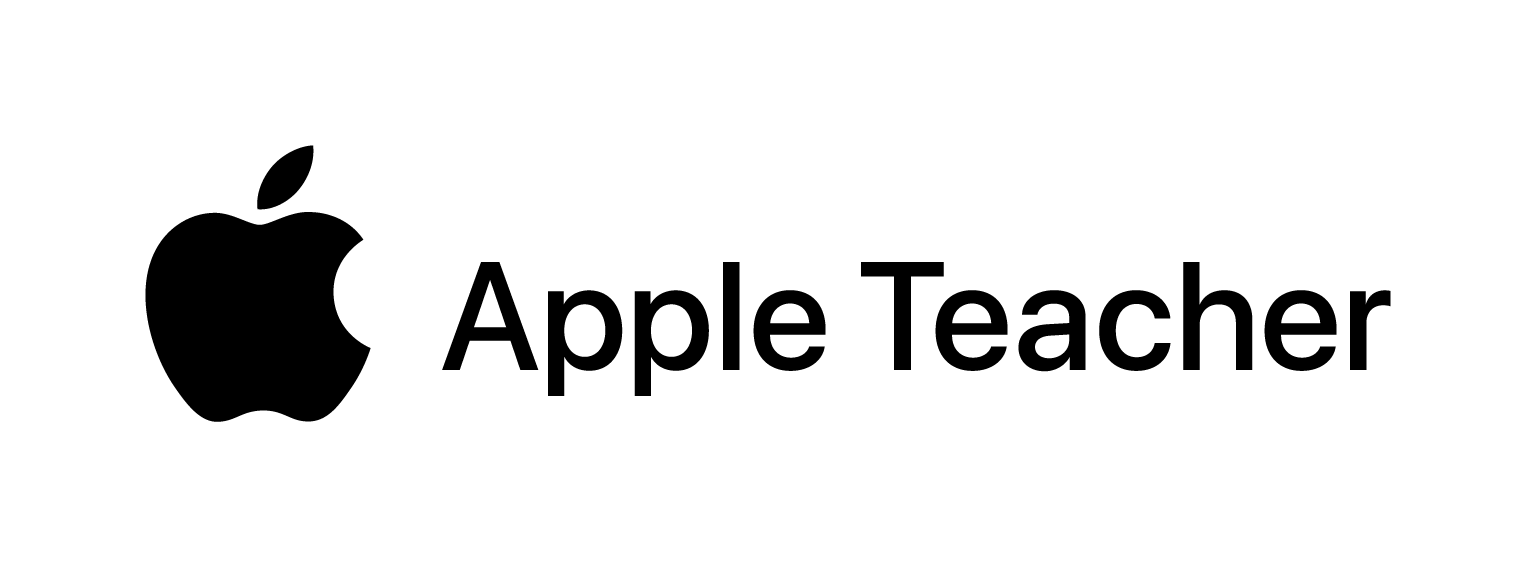
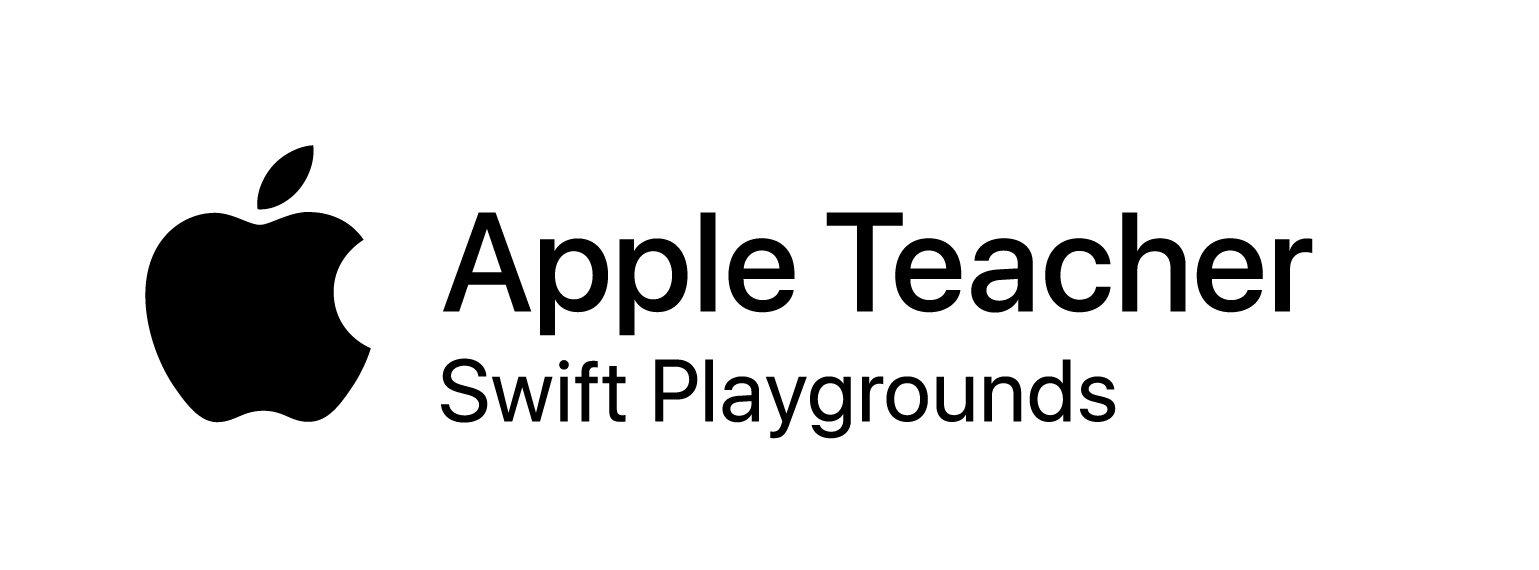
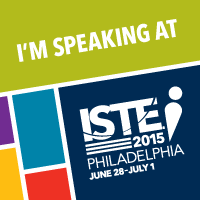
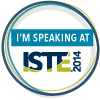
 RSS Feed
RSS Feed
